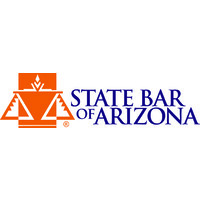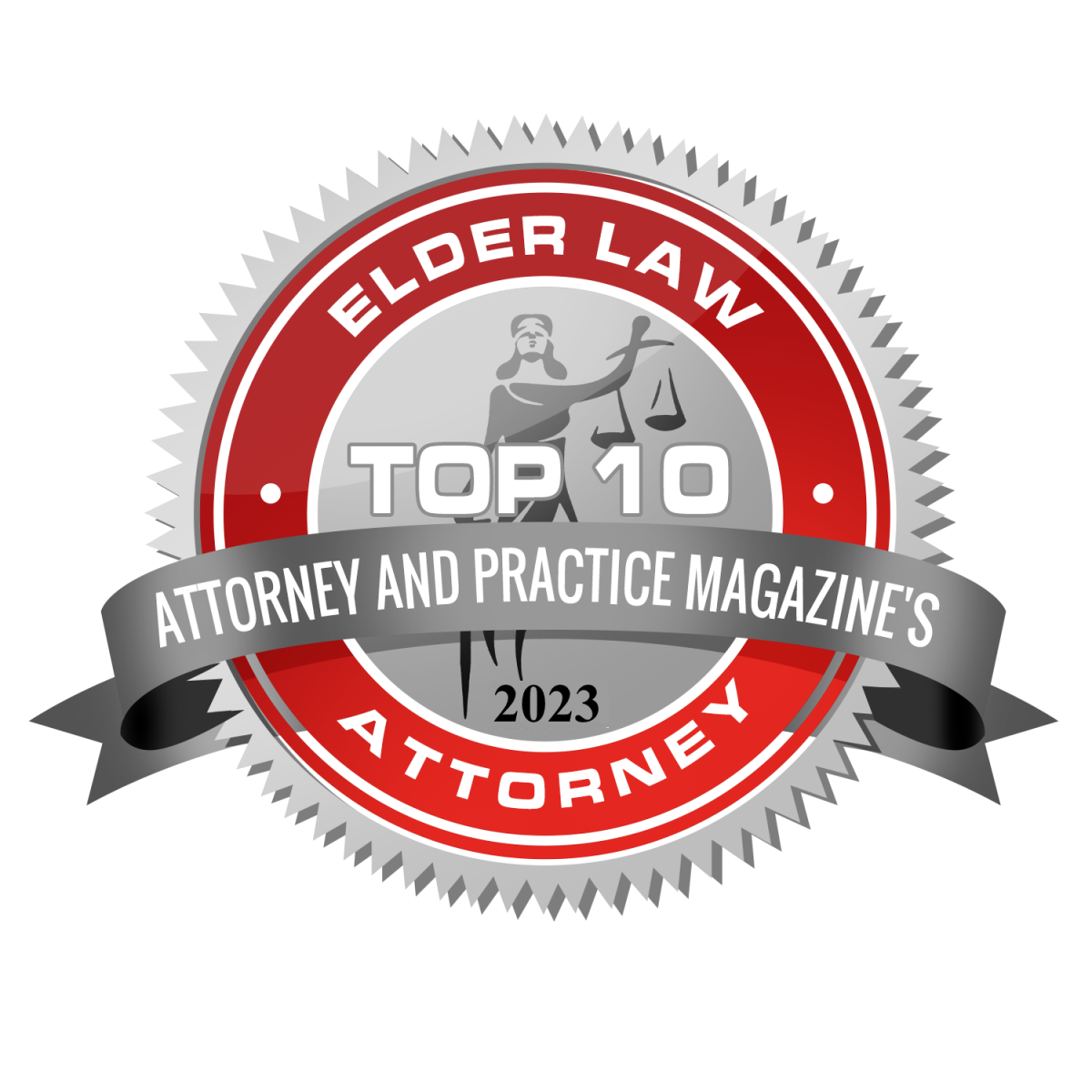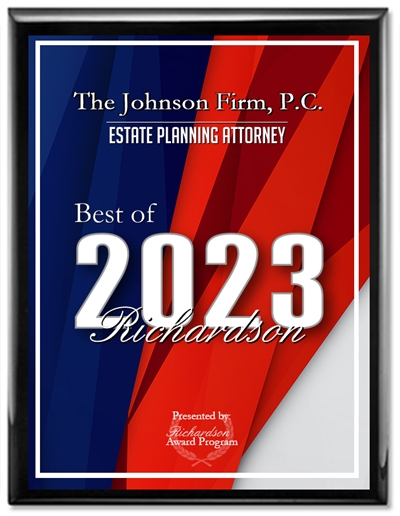Submitted by The Johnson Firm on
As long as an individual with a disability is in a special needs trust (SNT), or supplementary needs trust, they are still eligible for government benefits and receive additional financial assistance. Under the SSA expenditure rules, an SNT can provide additional monies to enhance the beneficiary’s lifestyle while maintaining Medicaid, Social Security Disability Insurance (SSDI), or Supplemental Security Income (SSI). The trust can receive funding from family members or other sources, such as retirement accounts. Recent changes to federal law have impacted various aspects of special needs trust planning.
The SECURE Act and SECURE Act 2.0
The first Setting Every Community Up for Retirement Enhancement Act (SECURE Act) primarily deals with retirement accounts but also has implications for special needs trusts.
One key provision of the SECURE Act affecting special needs trusts is the age at which individuals must start taking required minimum distributions (RMDs) from their retirement accounts. Before the SECURE Act, the requirement was to start taking RMDs from traditional IRAs and 401(k) plans at age 70½. The most recent SECURE Act 2.0 law states individuals must begin taking RMDs at age 73, effective 2023, and at age 75 in 2033.
Effective in 2023, the SECURE Act requires that distributions following an IRA owner’s death be complete within ten years unless there is an “eligible designated beneficiary.” Beneficiaries of an SNT, created in part for the benefit of a person with a disability or chronic illness, can be treated as eligible designated beneficiaries. This means they are exempt from the ten-year limitation. Charitable organizations under the first SECURE Act don’t qualify as designated beneficiaries.
SECURE 2.0 clarifies that an SNT designating a charitable organization as the trust’s remainder beneficiary doesn’t disqualify the special needs trust from having eligible designated beneficiaries.
How Does the SECURE Act Affect a Special Needs Trust
The change in the RMD age can affect special needs trusts in a few ways. First, it may provide more time for individuals to accumulate assets in their retirement accounts, which can then be directed into the special needs trust upon their passing. Second, it may change the timing and amount of distributions from retirement accounts, which can impact the overall financial planning and management of the SNT.
Existing special needs trusts are not grandfathered from the RMD age increase. The SECURE Act age change applies to all individuals with retirement accounts, regardless of a special needs trust. However, the impact of the RMD age increase on an existing SNT will depend on the trust’s specific terms and the beneficiary’s age. For example, if the beneficiary is over 73 and already taking RMDs, the RMD age change may not affect the SNT.
If the beneficiary is younger than 73, and the trust is structured to receive RMDs from the beneficiary’s retirement accounts, the change in the RMD age provides more time for the retirement accounts to grow tax-deferred and allows for more assets to be directed into the trust upon the beneficiary’s passing.
It’s crucial to review the specific terms of an existing special needs trust with special needs attorney to assess the impact of the SECURE Act on the trust.
Key Considerations for a Special Needs Trust
When creating or updating a special needs trust as a result of the SECURE Act, there are a few key considerations:
- Updating or Implementing Current SNT Language
The SECURE Act changed how retirement accounts are inherited and distributed, affecting how those assets are directed into a special needs trust. It may be necessary to update the language in an existing SNT to ensure it reflects the new rules and requirements for retirement accounts.
- Reviewing the Beneficiary’s Age
With the increase in the age of RMDs, it’s important to review or structure the SNT to receive RMDs at the appropriate time. If an existing special needs trust has a beneficiary younger than 73, the trust must be amended to reflect the new RMD age.
- Adjusting Trust Distribution Strategies
With the RMD age increase, there may be more time for retirement accounts to grow tax-deferred, which can impact the overall distribution strategy for the trust. Adjusting an existing distribution strategy may be necessary to ensure that the SNT still meets the beneficiary’s needs and goals.
Working with special needs attorneys who are knowledgeable about Special Needs Trusts and the SECURE Act is crucial to comply with new standards when creating a trust or making changes to an existing one.
Special Needs Trusts and Attorney Types
Special needs trusts are a highly specialized area of law, and working with an experienced in estate planning, elder law, or special needs is critical. Some attorneys may be a member of a professional organization such as the Special Needs Alliance, or the Academy of Special Needs Planners and meet specific qualifications and standards of practice in special needs planning.
An attorney specializing in SNTs can help you understand the legal requirements for setting up and administering a trust under current law, including the different types of trusts available, the rules and regulations to maintain government benefits such as Medicaid, SSDI, or SSI, and the tax implications of an SNT.
Your attorney should also be compassionate, as discussions of your situation and concerns for beneficiaries can be delicate topics. Creating a special needs trust requires clear and understandable legal advice and guidance for maximum value to the beneficiary.
We hope you found this article helpful. If you have questions or would like to discuss your legal needs please contact us at (520) 563-2020. We look forward to the opportunity to work with you.














